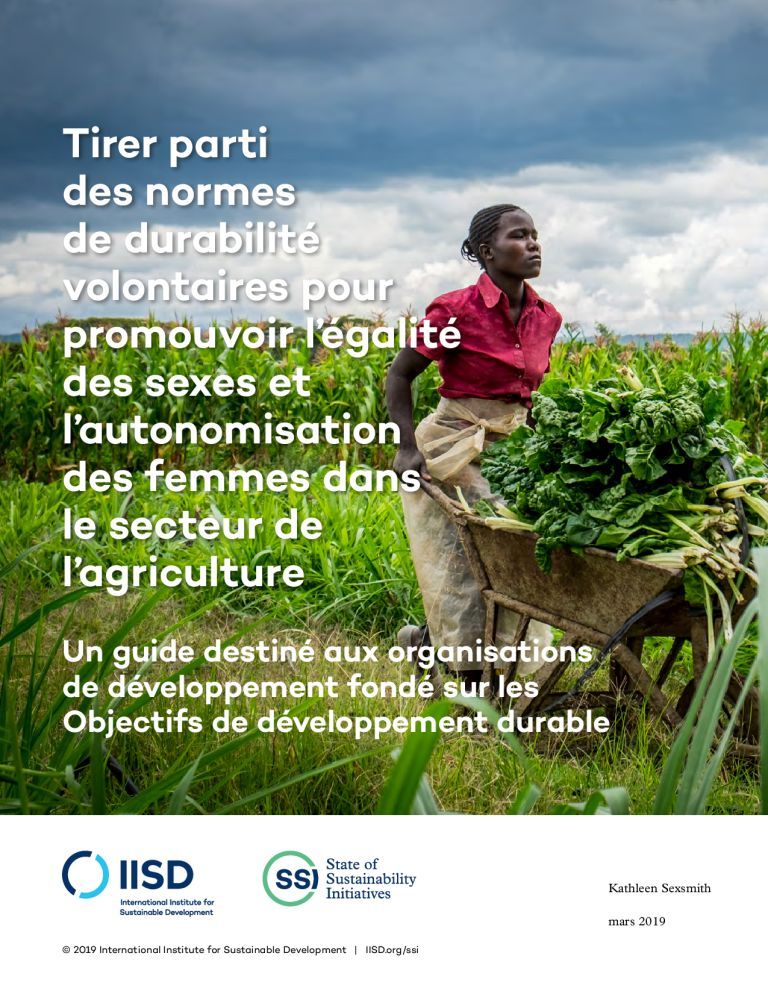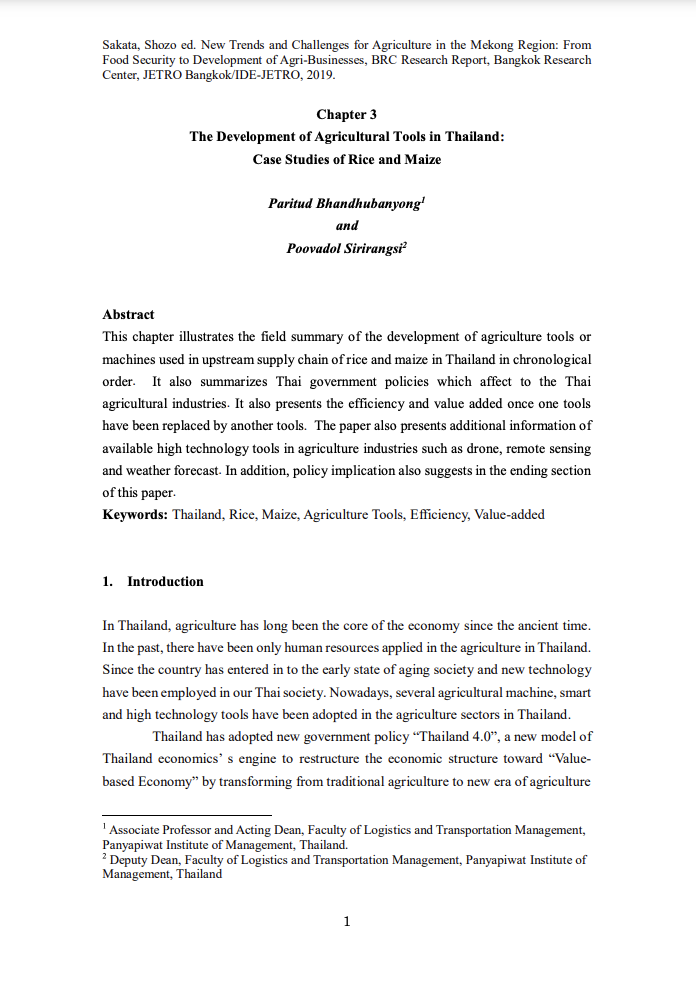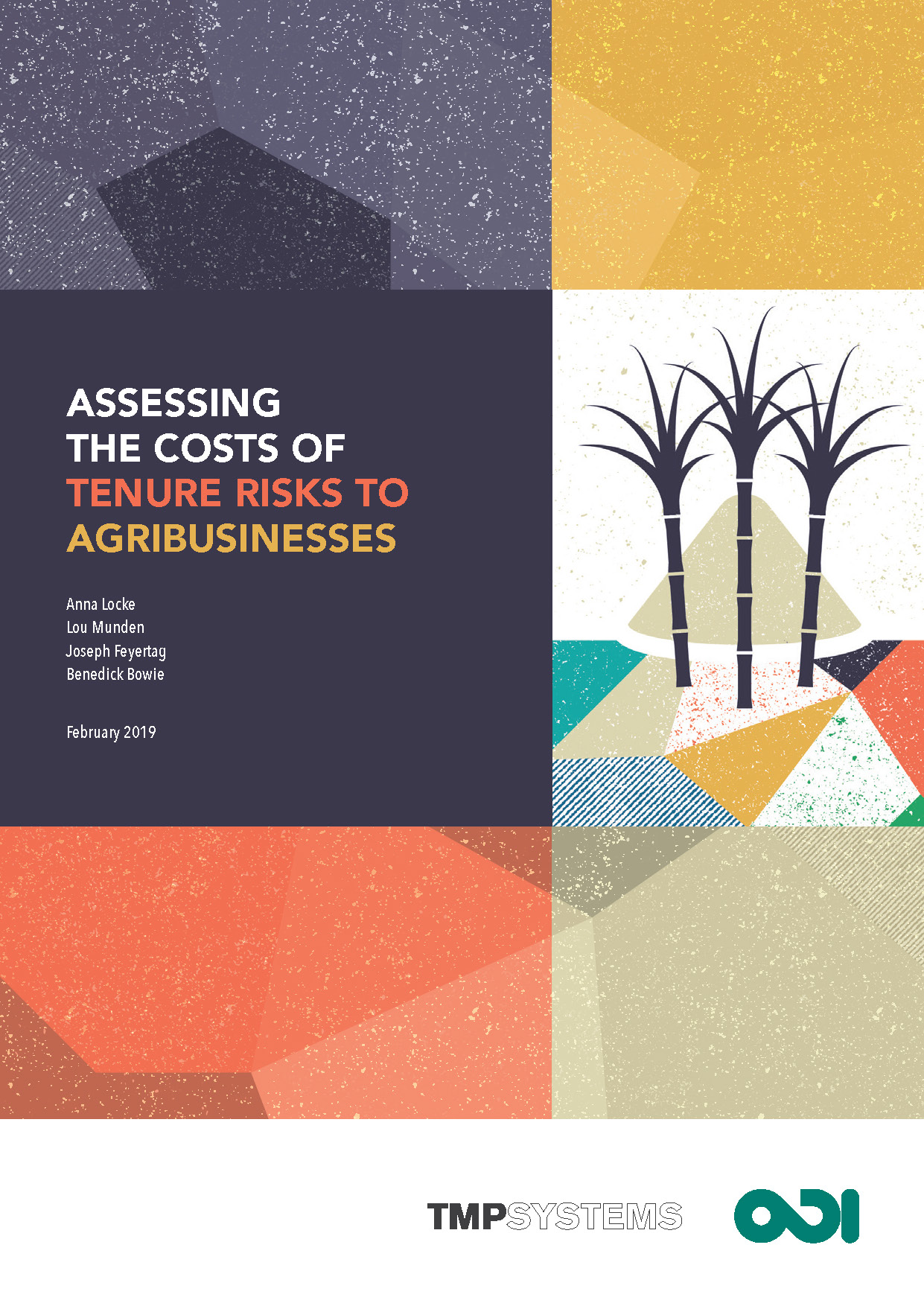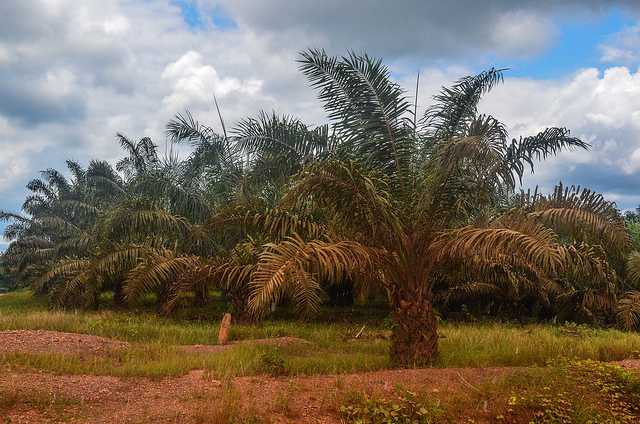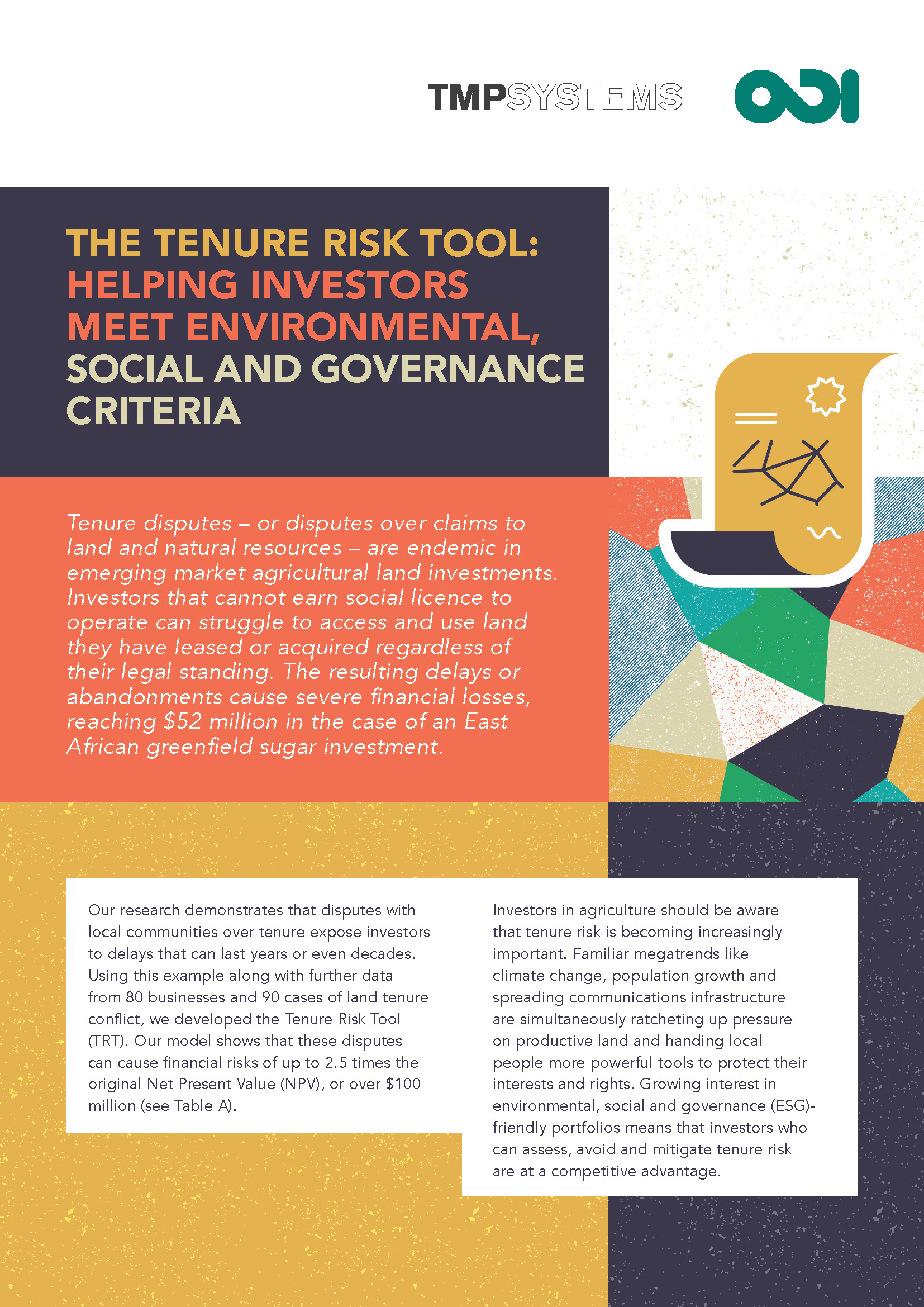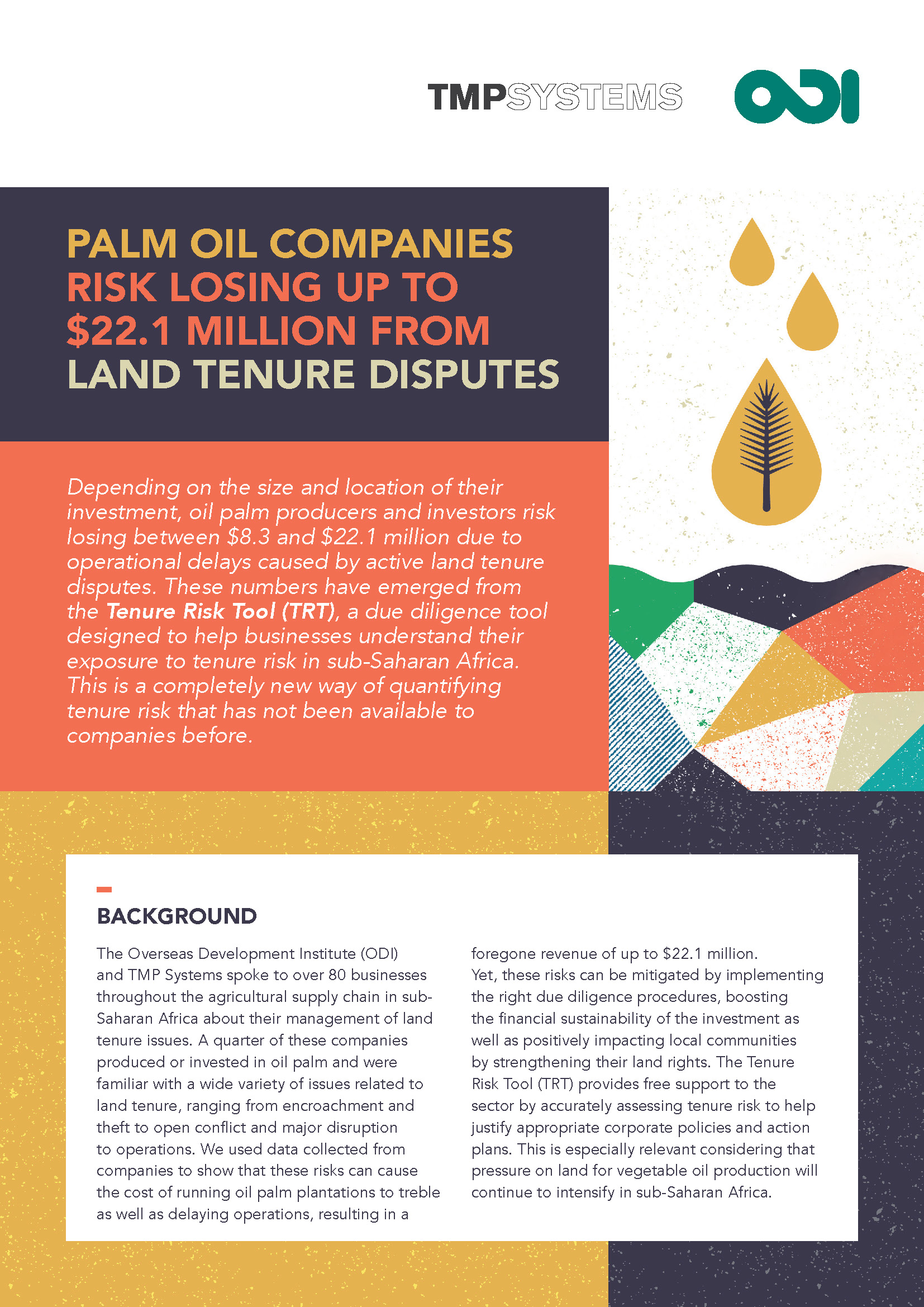Socially responsible land investment in Ghana: A guidebook for business enterprises considering agricultural investment in Ghana
The Business Enterprise Guidebook aims to help companies and investots understand how to facilitate a responsible investment in Ghana. This Guidebook includes information on international standards and best practices, Ghana’s governance and community landscape, and how to manage an agricultural investment responsibly.
Effects of Women Land Rights on Agricultural Outcomes in Rwanda
This study examines the effect of land rights on agricultural outcomes in Rwanda. We characterize the effects of land rights from two perspectives. The first one is land rights indicated by the right to sell and guarantee land and the second one is land titling. The agricultural outcomes include agricultural productivity, food security and nutritional diversity. From the results, land rights are found to have a positive relationship with all the outcome variables. The effect of land rights on agricultural productivity is larger if the household head is male.
21- Participation of Youth - Responsible Agricultural Investment (RAI): Knowledge into Action Notes series
This note is part of an Action Notes series and provides guidance for governments and companies on examples to follow to engage youth in participating in agriculture.
The Development of Agricultural Tools in Thailand: Case Studies of Rice and Maize
This chapter illustrates the field summary of the development of agriculture tools or machines used in upstream supply chain of rice and maize in Thailand in chronological order. It also summarizes Thai government policies which affect to the Thai agricultural industries. It also presents the efficiency and value added once one tools have been replaced by another tools. The paper also presents additional information of available high technology tools in agriculture industries such as drone, remote sensing and weather forecast.
Soil carbon dioxide and methane fluxes from forests and other land use types in an African tropical montane region
In the last 40 years, large areas of the Mau forest, the largest contiguous tropical montane forest in East Africa, have been cleared for agriculture. To date, there are no empirical data on how this land use change affects carbon dioxide (CO2) fluxes from soil respiration and soil methane (CH4) fluxes. This study reports measured annual soil CO2 and CH4 fluxes from the native Mau forest and previously forested lands converted to smallholder grazing land, smallholder and commercial tea plantations and eucalyptus plan- tations.
Trade-offs between food security and forest exploitation by mestizo households in Ucayali, Peruvian Amazon
Sustainable and equitable growth in farmer-led irrigation in Sub-Saharan Africa: what will it take?
The rapid development of farmer-led irrigation is increasing agricultural productivity, incomes, employment and nutrition, but it might well not achieve its full potential. Small-scale irrigators tend to be younger, male and better-off. Women and resource-poor farmers – the majority of farmers in sub-Saharan Africa– are disadvantaged and often excluded from the numerous benefits to be gained from irrigation.
Assessing the costs of tenure risks to agribusinesses
Tenure risk – or the risk of dispute between investors and local people over land or natural resource claims – is endemic in emerging markets. There are hundreds of recorded incidents of tenure disputes creating delays, violence, project cancellation and even bankruptcy at a corporate level. These tenure disputes create lose-lose outcomes for investors, local people and national governments while robbing emerging markets of the developmental benefits of responsible land investments.
QTR Tenure Risk Tool
New research by the Quantifying Tenure Risk (QTR) initiative has revealed that land disputes can cause losses of up to $101 million across a range of agricultural projects in Africa, while at the same time causing significant harm and stress to local communities who have a claim to the land.
In response, the initiative has developed a new publicly available economic modelling tool to accurately determine the potential cost of a dispute in a bid to help companies avoid harmful investments.
The Tenure Risk Tool: helping investors meet environmental, social and governance criteria

